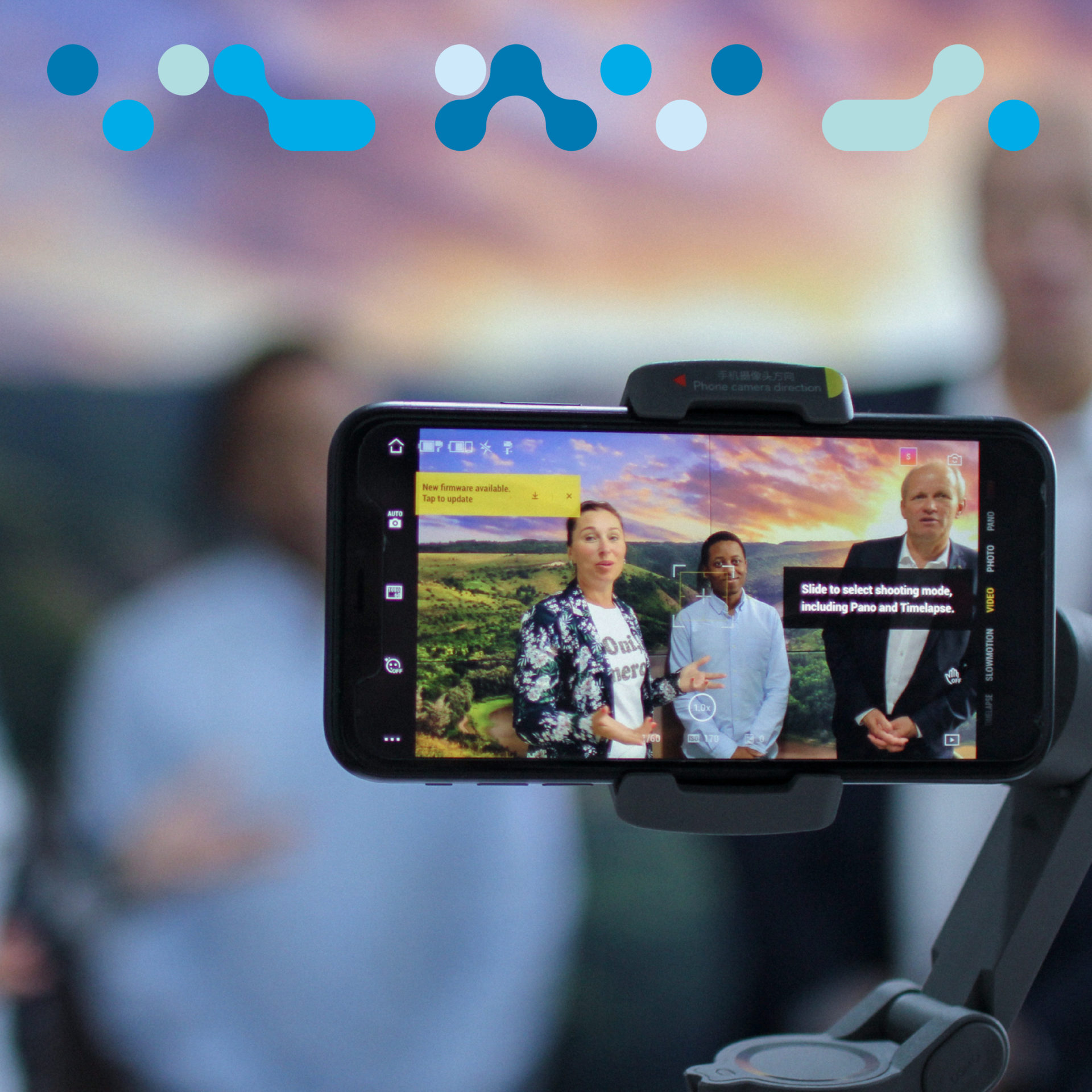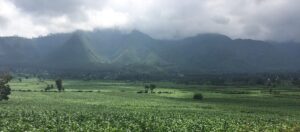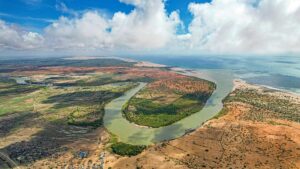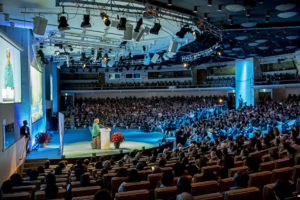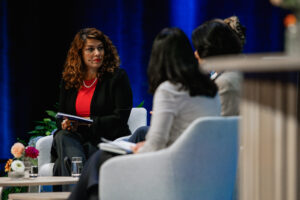Join SIWI’s sessions at World Water Week
For 30 years, SIWI has been the organizer of World Water Week. In addition to being the host, we also arrange a great number of sessions and seminars, on our own or together with partners. Here is an overview so that you don’t miss anything.
The world’s leading water conference World Water Week will take place 23-27 August as a digital event. This year you can register for free and get access to hundreds of sessions – sign up today.
SIWI will be hosting more than 20 sessions and our Scientific Programme Committee will organize nine seminars. The seminars explore the year’s theme Building Resilience Faster from a range of different perspectives and provide a great chance to get a thorough understanding of topics like urban water resilience, governance in an era of uncertainty and the link between climate and health. Learn more about the seminars here.
High-Level Panels
SIWI’s popular high-level panels are also back:
High-Level Panel Building Resilience from Source to Sea is organized by SIWI together with other partner organizations of the Action Platform for Source-to-Sea Management. The need for holistic approaches to management from source to sea will be discussed and concrete examples of how this builds resilience will be presented. Thursday at 2pm CEST.
SIWI High-Level Panel: Strengthening Synergies, Accelerating Action offers an important opportunity to track water-related progress on the Sustainable Development Goals and the climate agenda. This annual event is organized by SIWI and the Government of the Netherlands. Wednesday 2pm CEST.
SIWI High-Level Panel Building Resilience from Source to Sea is organized together with other organizations, including the Action Platform for Source-to-Sea Management. The aim is to analyze how water can be managed more holistically, from source to sea. Thursday at 2pm CEST.
Building resilience
In line with the theme of the year, many of SIWI’s sessions focus on how we can build resilience faster. The Africa Regional Centre looks at the situation for African smallholders in the session Building Climate Resilience through Rainfed Agriculture in the African context (Wednesday 10am CEST). In the session Social Learning in a Time of Social Distancing (Tuesday 8.30am CEST) the same team shares how they managed a successful shift to digital trainings in Ethiopia.
The forest-water nexus: creating resilience through capacity development (Tuesday 5pm CEST) is a training session on capacity building so that more practitioners can learn water-smart forestry. The role of forests is also the topic of the session Healthy forests, healthy people: managing the forest/water nexus (Friday 10am CEST).
Climate impacts antimicrobial resistance: a WASH and One Health challenge is a session on emerging health threats from global warming, infectious disease and antimicrobial resistance (Friday 1pm CEST). If this sounds interesting you should also check out the session Responsible Antibiotics Manufacturing: co-creating sustainability for water, environment and health (Monday 1pm CEST).
And don’t miss the session Multi-dimensional role of youth in building resilience (Monday 5pm CEST)!
The role of finance
Financing is often identified as a key factor in building resilience and therefore also the topic of many World Water Week sessions. In How can investors be ambassadors for water? (Wednesday 5pm CEST) representatives from the finance sector discuss what is hindering them from taking on this role. Sessions on similar themes include Bankable Water Projects in Africa and Lessons from Other Sectors (Wednesday 5pm CEST) and Riding the wave: Financing source-to-sea action (Thursday 10am CEST).
Governance and stewardship
Our relationship with water will need to change in an increasingly unpredictable climate and this is explored in the session Capacity for Governing Water Security Risk and Uncertainty (Wednesday 1pm CEST). How WASH services can become more sustainable is on the agenda in Towards the Next Generation of Sustainability Monitoring and Accountability (Monday 1.30pm CEST) and in Priority-setting, Commitments and Accountability: Keys to Better Water Governance? (Friday 1pm CEST)
The role of indigenous knowledge is the topic of both Leading the World: Indigenous-led partnerships and governance (Friday 10am CEST) and Indigenous Values and Stewardship: Lessons to re-build our watery relationships (Monday 1pm CEST).
Water and sanitation
Water and sanitation are always important themes during World Water Week, with sessions like A governance framework to strengthen urban WASH Performance Assessment System (Tuesday 1pm CEST) and Toilets in Public Places: Understanding Citizens’ Needs Beyond the Household (Monday 2pm CEST). SIWI also leads the session Successful experiences in community-led sanitation for ending fecal contamination (Tuesday 9pm CEST).
This year water, sanitation and hygiene (WASH) is often discussed in relation to the Covid-19 pandemic, such as in Strengthening the COVID-19 response through improved coordination and multi-stakeholder platforms (Monday 7pm CEST). Other examples include Facilitating remote multi-stakeholder dialogues in the digital era (Monday 10am CEST) and Strengthening WASH services for a safe return to schools (Thursday 1pm CEST).
Water cooperation
A key factor to building resilience is for countries and sectors to cooperate over shared waters. Learn more in the sessions Water cooperation for strengthening peace, security and sustainability (Thursday 8am CEST) and Water as a Driver of Sustainable Recovery in Central Asia (Thursday 1pm CEST).
